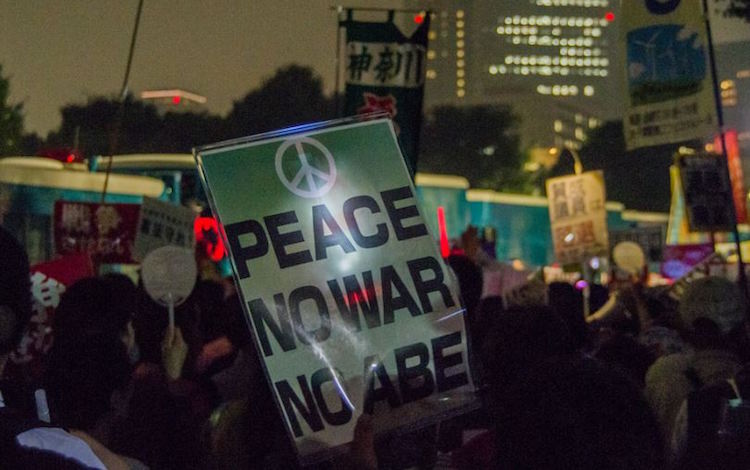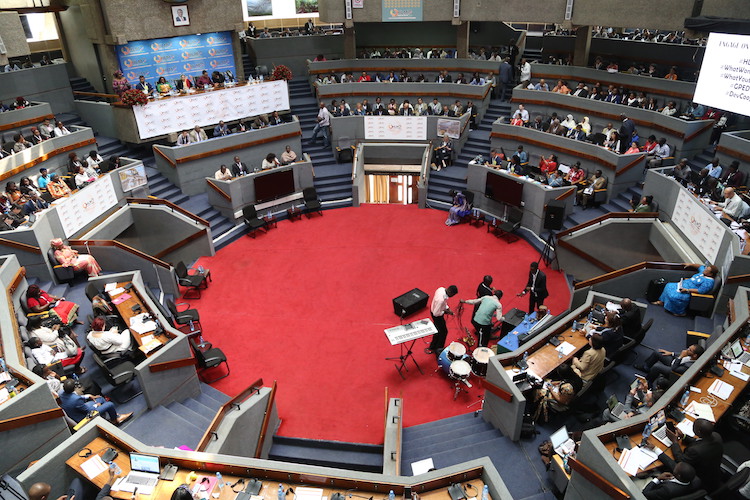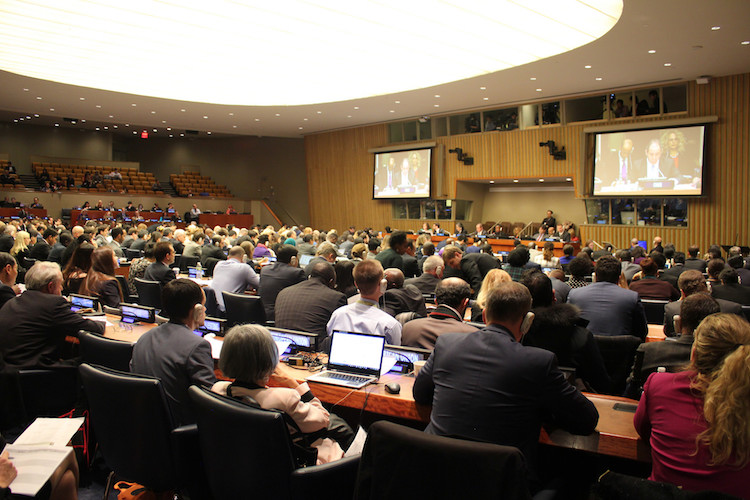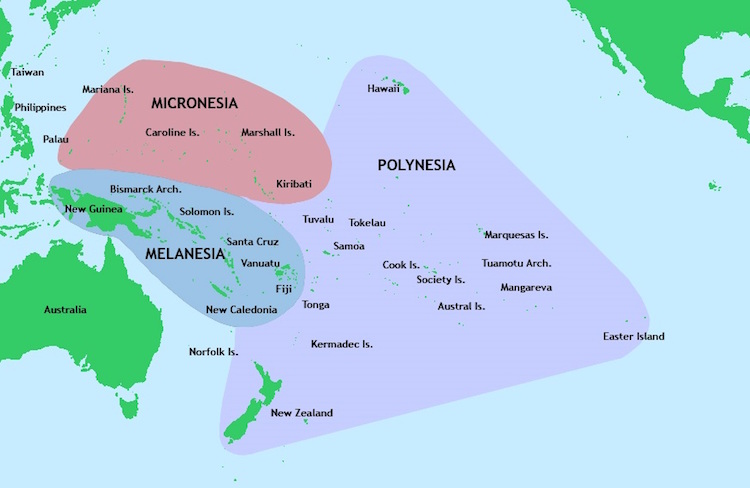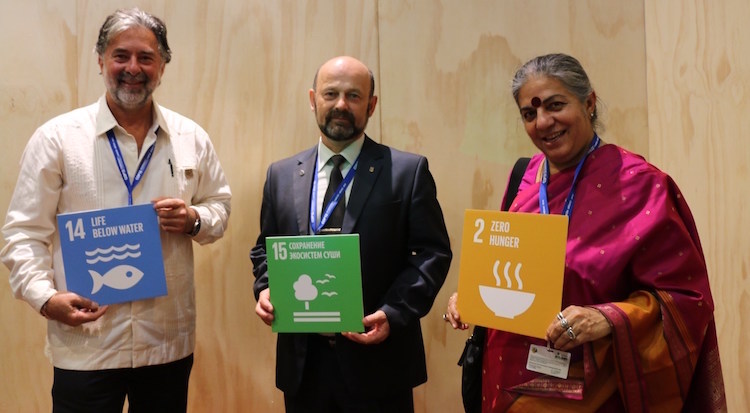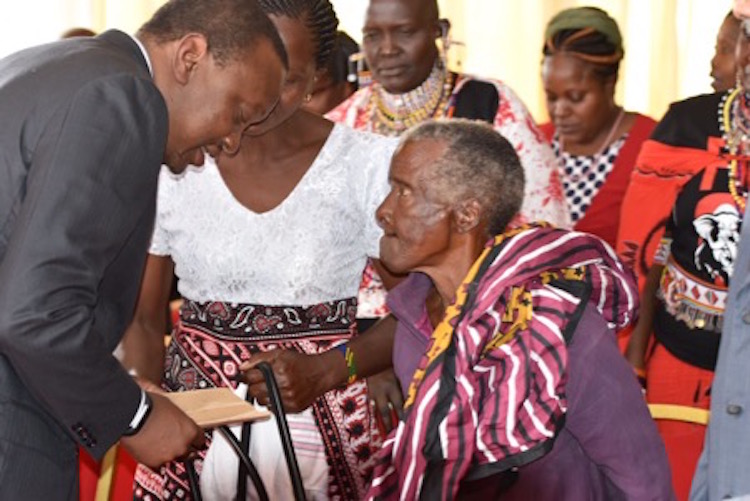By Rory Fanning
The writer is a former US Army Ranger who is now a member of Veterans For Peace (VFP) and an activist. He and Mike Hanes, former US Marine and VFP activist, both recently completed a speaking tour in Japan. Titled ‘The Antiwar Tour‘, this article first appeared in the quarterly magazine Jacobin, and is being published by arrangement with VFP.
CHICAGO (IDN) – A vibrant antiwar movement is blooming in Japan right now. Trade unions, civic groups, and an overwhelming number of young people are galvanizing the country around Article 9 of the Japanese constitution – the article that has kept Japan out of war for the last seventy years.

